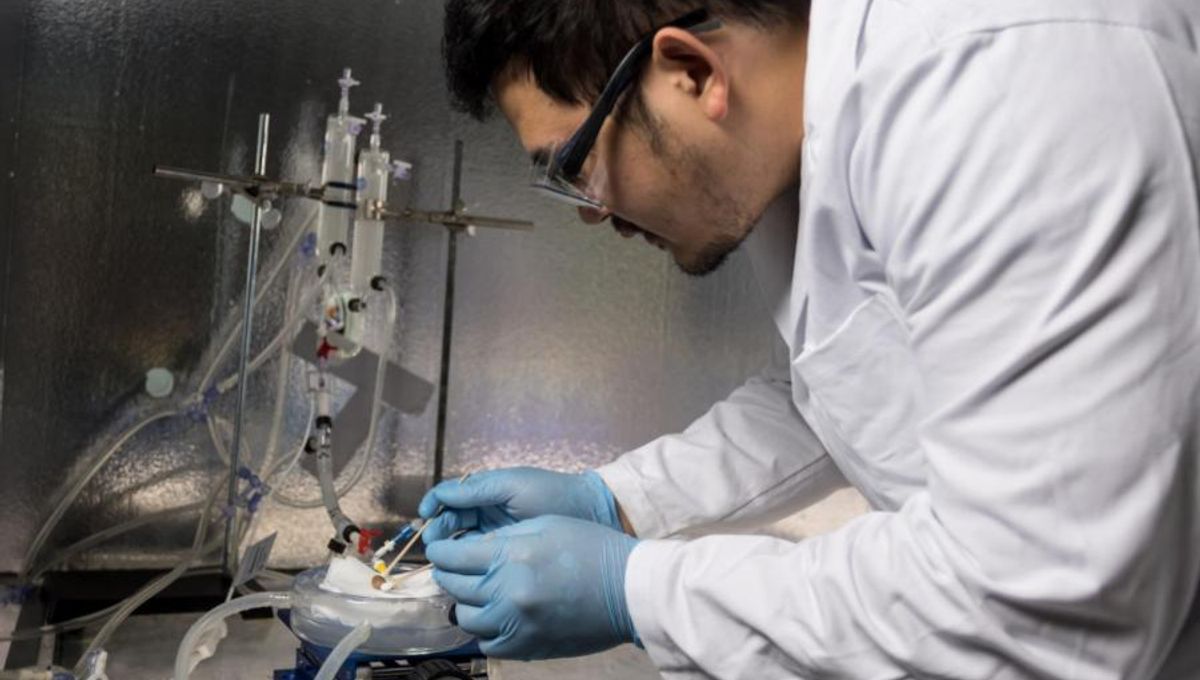
For the first time, scientists have successfully transplanted an organ that’s been frozen and “defrosted.” The novel feat has only been performed on lab rats so far, but the researchers believe it could someday boost the availability of human organs for life-saving transplants.
Organs can be preserved through long-term cryopreservation methods like vitrification, a process of pumping the organ with cryoprotective chemicals and cooling it quickly enough that ice crystals don’t form. The problem, however, occurs when attempting to revive the organ back to body temperature.
To overcome this problem, scientists at the University of Minnesota developed a new “nanowarming process” that warms the organ rapidly and uniformly from within rather than just at its surface.
“This is the first time anyone has published a robust protocol for long-term storage, rewarming, and successful transplantation of a functional preserved organ in an animal,” John Bischof, the study’s co-senior author and a mechanical engineering professor and director of the University of Minnesota Institute for Engineering in Medicine, said in a statement.
“All of our research over more than a decade and that of our colleagues in the field has shown that this process should work, then that it could work, but now we’ve shown that it actually does work,” added Bischof.
In their experiments, the team cryogenically stored rat kidneys for up to 100 days, then successfully rewarmed them, cleansed them of cryoprotective chemicals, and transplanted them back into five live rats. Within 30 days, all of the rats had full kidney function that was indistinguishable from a healthy typical organ.
The novel method uses iron oxide nanoparticles that are flooded through the organ’s blood vessels. When the nanoparticles are activated with electromagnetic waves, they heat up and warm the organ uniformly, a bit like how water is heated up in food by a microwave oven.
“It is a very complicated process. We weren’t surprised this worked, but we weren’t going to be surprised if it didn’t work. I’m very proud of our team,” explained Michael Etheridge, a principal research engineer in the University’s mechanical engineering department.
The big question is whether this technology can be applied to humans. It’s estimated that 20 percent of kidneys donated for transplantation each year are wasted as they expire before a recipient can access them. With this cryopreservation technology applied to humans, this could potentially become a problem of the past.
For their next steps, the researchers are looking to ramp up their efforts by demonstrating the process using pig kidneys. While they estimated it could take “several years” before the method will be applied to humans, the team says they’re “confident” they will be able to pull it off with some further research.
The study is published in the journal Nature Communications.
Source Link: Organs Have Been Frozen, Thawed, And Transplanted For The First Time